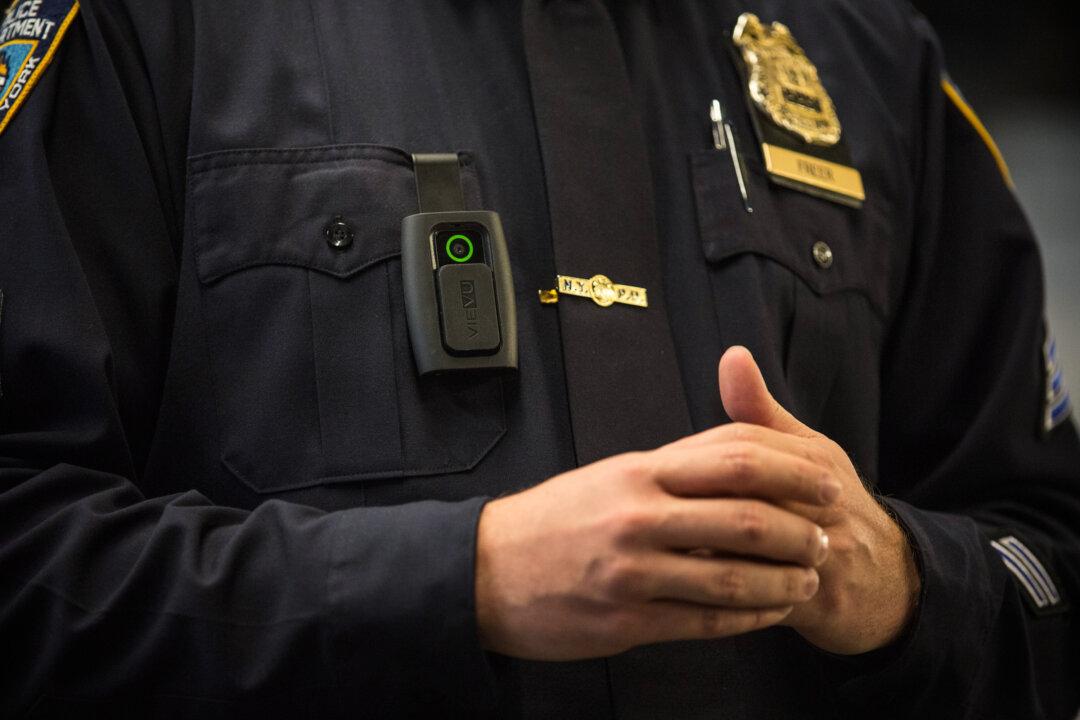New York City police officials must release body camera footage of most incidents involving the discharge of a gun or a taser within 30 days, under new rules issued by the mayor.
The old guidelines left the release of bodycam video to the discretion of the police commissioner and only in a small number of cases.





